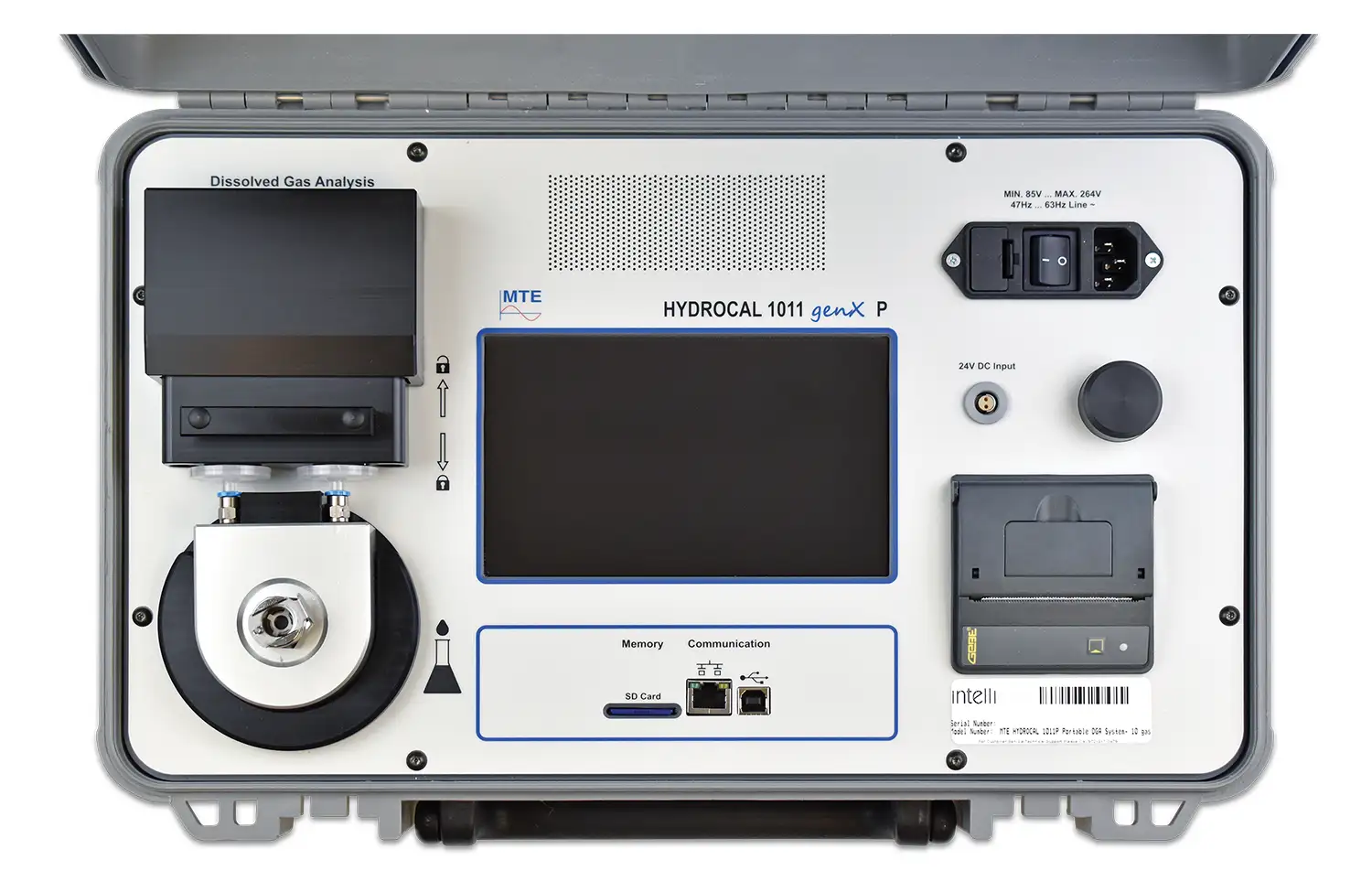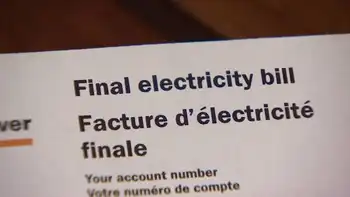Preparing for a plugin future
By CTV News
High Voltage Maintenance Training Online
Our customized live online or in‑person group training can be delivered to your staff at your location.

- Live Online
- 12 hours Instructor-led
- Group Training Available
Every time youre stuck in heavy traffic, people roll down their window and yell a question looking to know how it works, Mr. Denney, chief administrative officer of the Toronto Region Conservation Authority, says of the plugin hybrid that he drives regularly, one of several in the organizations tiny gaselectric fleet.
It indicates theres a lot of interest in the marketplace for electric vehicles.
Indeed, in recent years models such as Toyotas Prius and the soontobereleased Chevrolet Volt have piqued consumer interest in the prospects of driving a vehicle that runs in whole or in part on electricity.
But perhaps the more pressing consideration for the average Canadian driver is whether existing infrastructure would make owning and operating a fully batterypowered, plugin car a comfortable proposition.
Its no more difficult to get around in this hybrid because [it also has an internal combustion engine], but you do find yourself trolling for a plug, Mr. Denney says of the conservation authoritys Prius, which can be charged in a standard 110V outlet. I can usually find a place to plug in, but thats often in a municipal office or underground parking lot where I happen to find an electrical outlet.
And what if that car was fully electric, running on battery power alone?
On a prototype scale like this, its no problem at all, he says, but if there were 10,000 of them on the road, it would be a real issue.
Its clear that significant urban planning changes will be needed for the coming electriccar onslaught as consumers look to charge green cars at home, at work and at public locations such as shopping malls.
Barriers to the widespread embrace of the electric car are complex. Without proper infrastructure, and coordination among governments, utilities and building developers, drivers will almost certainly stick to their gaspowered rides.
We need the transportation guys talking to the condo guys that are building spots in garages, says Andrew Bowerbank, president of the EC3 Initiative, a Torontobased renewable energy consultancy. Mr. Bowerbank recently spearheaded a crossdiscipline workshop in Toronto to allow key stakeholders to open that dialogue.
I think electric cars have a very strong potential, he adds, especially if you find a way to manage our electric grid and utilize renewable technologies so we put as much on the grid as we take off.
The issue of power drain is a major concern.
According to some estimates, Ontarios existing power grid could accommodate as many as 10 million electric vehicles each year, assuming most were charged in offpeak hours and used smart technology that allowed the grid to draw power from pluggedin vehicles at times of peak energy use.
That kind of technology isnt the stuff of science fiction. Just recently, Ford Motor Co. and Microsoft Corp. debuted Microsoft Hohm, a new online application free to owners of Ford plugin cars that will help them choose ideal times to charge their vehicles.
Assuming those grid projections are correct, theres still the asyetundetermined issue of standardization. Although vehicle makers including GM, Chrysler, Ford, Toyota, Honda, Nissan and Tesla agreed on a standard electric vehicle connector to charge cars at either 120 or 240 volts earlier this year, faster charging technologies could soon render that plug obsolete.
Despite the logistical challenges, some progress is being made on the legislative front to serve early plugin adopters.
The City of Vancouver, for example, now requires all new singlefamily homes — as well as 20 per cent of all parking stalls in new condominiums — to include plugin outlets, while Ontario is offering up to $10,000 in car rebates to subsidize steep electriccar sticker prices, which can be double the cost of an average car.
Al Cormier, executive director of the Torontobased electric car advocacy organization Electric Mobility Canada, says jurisdictions across Canada need to work together if electric car adoption is ever going to gain speed.
We need more building code amendments to require new condos to have parking outlets at least in a percentage of parking spots, he says. Then we need to deal with retrofitting older condos. Its not rocket science to run the wires and the plugs, but it takes will and a bit of money to do it.
Some developers are already jumping on the electriccar bandwagon.
Vancouverbased Concord Pacific Group Inc. last year announced that its latest Vancouver condo, the 23storey Cosmo set to open in 2012, will include outlets in about 20 per cent of parking stalls, while Ottawabased Minto Group Inc. is roughing in wiring for electric outlets for 10 per cent of parking stalls in one of its new Toronto condos. The builder plans to hardwire a portion of spots in all of its future developments, but is hesitant to install actual outlets until charging standards are fully clarified.
We wanted to build in the capacity to ensure that our consumers are protected when they move in, says Andrew Pride, vicepresident of the Minto Groups Green Team.
Stephen Dupuis, president and CEO of the Torontobased Building Industry and Land Development Association, argues that greater collaboration between stakeholders such as governments and builders is needed to avoid turning a green solution into a major new cost and logistical issue for home and condo builders. He also questions just how ready the market is for electric cars.
I suppose it will become more of a higherlevel planning issue if market penetration gets to 20 or 30 per cent. At that point its a sea change in the transportation industry, but I dont believe thats close.
But as Mr. Cormier explains, one major factor could fuel the thirst for plugin cars, encourage municipal governments to pass more coherent and consistent infrastructure bylaws, and give builders and retailers an incentive to retrofit public lots to accommodate these green machines: a major spike in the price of gasoline.
If gas gets to around $1.30 per litre, a lot more people will want hybrids at least, if not electric vehicles, he says. Theres no question that people need to accept that electric cars are coming and be ready for them.
500,000 — Number of highwaycapable plugin electric vehicles that Industry Canada estimates will be on Canadian roads by 2018.
$750 — Cost in Canadian dollars of installing a 240V outlet in a home capable of charging a plugin vehicle, according to the Rocky Mountain Institute, a Snowmass, Colo.based nonprofit organization dedicated to promoting renewable energy solutions.
$3,500 — Cost of installing a public charging unit, although the Rocky Mountain Institute says that could be higher as the estimated costs for charging stations vary greatly depending on where they are installed. Not included is the possible ongoing cost of billing drivers for the electricity, for example, through a creditcard system.















